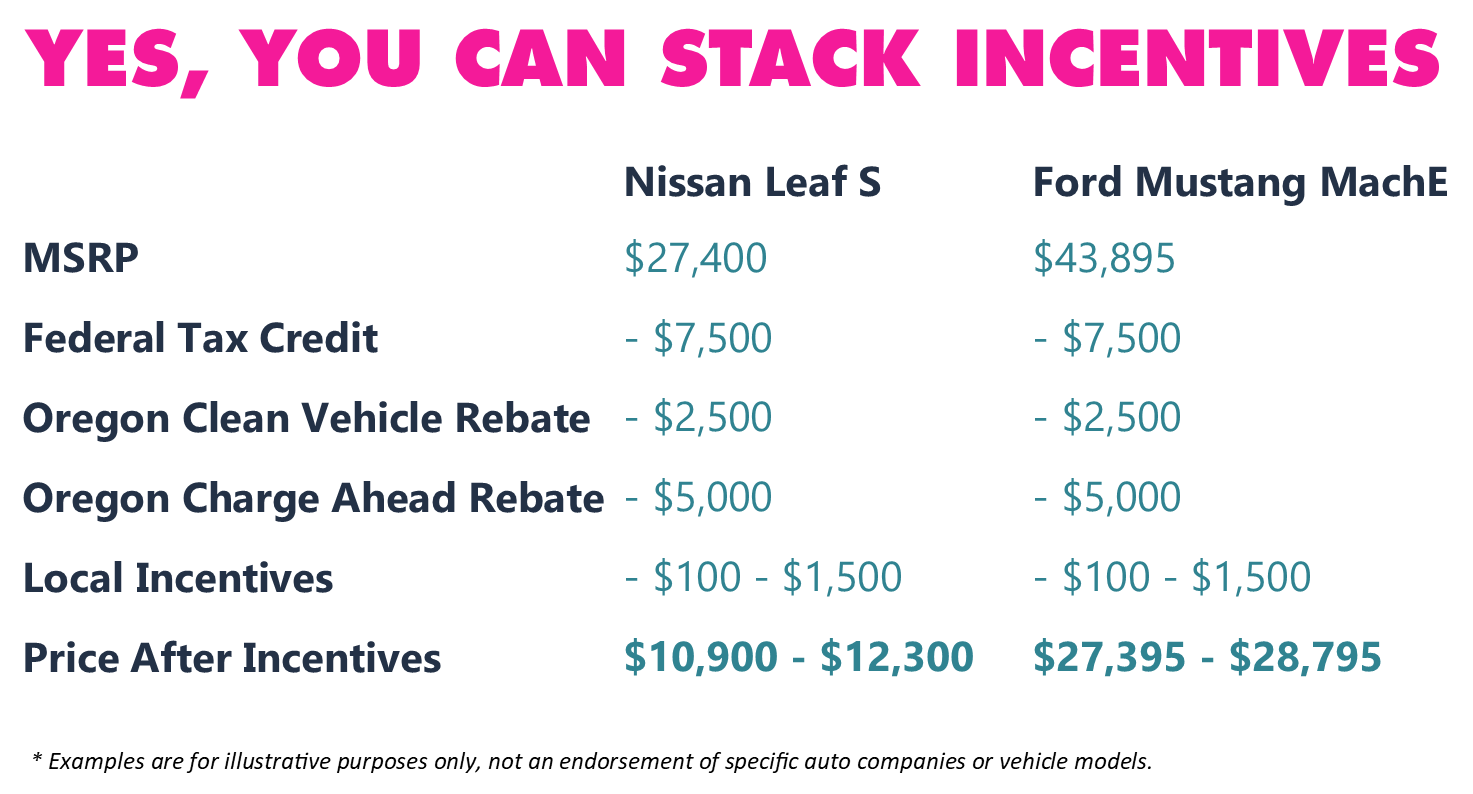
Hybrid cars are vehicles that are powered by an electric motor, and can run for short distances without emitting any tailpipe emissions. These types of cars are good for both environmental and economic reasons, as they use less fuel. There are many kinds of hybrids. The majority of hybrids are either small sedans or hatchbacks. But, you can also find crossovers and SUVs with hybrid engines. They are great for green-conscious drivers who aren't ready to fully switch to an all-electric car.
There are many hybrids available, including the Toyota Prius and Honda Insight. These vehicles offer great fuel efficiency and user-friendliness. They are also extremely reliable, but you should know that they are expensive to replace. A new battery pack can cost around $3,000, depending on the make and type.
The Toyota Prius is the most recognizable hybrid car on the market. It's a compact and sporty hybrid with a wedge-shaped design and a variety of different trims. It has an impressive amount of cargo room, a sporty interior, and a variety of safety features. All-wheel drive is also available.

For those looking for a more affordable hybrid, the Hyundai Sonata is a good choice. The interior is spacious and elegant, and the engine offers great mileage. The ride isn’t very enjoyable to drive.
The Lexus ES 300h Luxury Hybrid is a very luxurious one. It's reliable and has excellent value. Although its performance isn’t quite as impressive as European counterparts it does offer, it still performs well. The Lexus ES has a top-notch build quality, and advanced driver safety technology.
The Honda Accord is another popular midsize hybrid. It is slightly more comfortable and enjoyable to drive than the Toyota Prius. The Honda's acceleration is better, and it feels more stable, too. The interior isn't as nifty as the Toyota, but it's still impressive.
Plug-in hybrids are available with larger batteries and a longer range of charging. They can also be charged at an EV charging station. Manufacturers may offer a 10 year or 150,000 mile warranty. A good hybrid choice is the Toyota Corolla. This compact car is affordable and offers all the safety and technology of a higher-end hybrid.

The Toyota Camry is now available with a new powertrain. The Camry is now available with a 2.5-liter 4-cylinder engine and a 208 horsepower electric motor. Its zero-to-60 mph time is only 8 seconds. Its placement reduces the battery's weight and makes it easier to handle.
Ford Fusion Hybrid's efficient powertrain makes it an excellent choice for those who are environmentally conscious. Base model hybrids are rated at 43 MPG in urban driving and 44 MPG combined. For those who wish to go further, the eAWD edition adds an electrified motor to the rear tires.
FAQ
How can I fix my automobile as a hobby.
Why not make it a hobby if you're interested in cars? It is possible to learn about cars, repair them, purchase parts, or simply enjoy them. If you are looking for something new, this would be a great hobby.
It's difficult to make this a fulltime job. It takes dedication and hardwork. You'll also need to invest a lot.
You may not be able to have an emotional connection with cars unless there is a valid reason.
What should I know about car mechanics
Auto mechanics don't require any knowledge. All you need to know is how to fix things. Most people start by fixing things like changing tires or fitting brake pads.
You need to be able read and comprehend diagrams, follow written instructions and adhere to basic principles of good practice. Also, you will need to know how to tell if parts require replacing or repair.
It's important to remember that you shouldn't attempt to repair vehicles without having received proper training and guidance. This is especially true for expensive components, such as transmissions and engines.
Although you won't be required to know much about cars you should have a solid understanding of the fundamentals and principles of mechanical engineering. This includes understanding the mechanics of how engines and brakes work.
It is important to realize that you must be ready for all types of situations. One example is when you could be working on a vehicle involved in a serious crash. Experience with accidents and breakdowns is also a must.
Finally, you must be willing to learn new skills quickly. It is important to be able both to diagnose problems and perform simple maintenance tasks, such as tightening nuts.
What is the difference?
The two are similar but not identical. Both a mechanic and an automotive technician can repair cars.
A mechanic must have good manual dexterity and be able to perform simple tasks quickly. They should be able to accurately diagnose problems and repair them efficiently.
A technician in automotive is more technical than a mechanic. They should be able read blueprints and use tools like drills and wrenches.
They should be able safely to perform complex procedures. They must be familiar with all types of electrical and engine systems.
They must also be capable of understanding how parts interact.
A mechanic typically earns less than an automotive technician. There are many job opportunities in both.
Is it worth being a mechanic.
This question is dependent on your life goals. If you are looking to make money, then yes. But if meaning and purpose is what you seek, then no.
If you don’t possess any mechanics skills, you won’t be able to do it. It will not make you rich. It's unlikely that you will be famous. It is unlikely that your life will change.
It would take you years to learn how to do everything correctly. You would still need to hire someone to fix your car if it breaks down. Most people avoid doing this. They find something better.
In conclusion, if money is your main goal, you should go ahead. The mechanic's profession is not the right place for you if it means that you will live a fulfilled life.
Is it difficult to become a mechanic apprentice
It's not simple, but you can learn quickly and there are many avenues for advancement.
You must be patient and persistent. Also, you must know how to fix trucks, cars, and motorcycles.
There is a lot of pressure from customers and family members who want you to succeed. But you should never feel pressured into making decisions you aren't comfortable with.
If you enjoy fixing cars, it could be a great career choice. This is a job that allows you to earn a decent income and grow your business.
But, you might prefer a different path. This is where you might be interested in becoming a technician.
This requires you to use your technical expertise in support of other workers. You could help technicians troubleshoot problems or teach them new techniques.
You can also become a service advisor. When customers bring their cars into a garage, they will receive advice and assistance.
Your choice is based on what you choose to do. There are many choices available and you can choose what suits you best.
Do I need to have a degree to work as an automotive mechanic? Can I do part-time studies?
Although a degree is not necessary, it can be helpful. Employers are more likely to hire candidates who have completed a complete degree. It shows you are dedicated and have worked hard to achieve your goals.
This doesn't necessarily mean you can't continue to work while studying. Some universities let students complete their coursework in the summer and then continue their studies during the school year. Some universities allow students to take part-time classes throughout the year.
What qualifications are necessary to become a mechanic
A series of exams is necessary to become a mechanic. These include:
-
A general knowledge exam
-
A practical exam
-
An apprenticeship test
These tests are meant to help you grasp the fundamentals of mechanical engineering and physics, before you begin your journey as a mechanic.
Once you pass these tests you can become a mechanic. You'll still need an apprenticeship. This will include training in the trade.
To fully understand the mechanics of vehicle repairs, you'll need workshops and classes. Experienced mechanics will also be required.
A mechanic must be highly focused and attentive to detail in order to succeed. Vehicle repairs require you to be very attentive.
To become a good mechanic, you need patience and persistence. This may not be the career path that you want if you aren't able to follow directions.
If you enjoy cars and fixing them, this job could be a good fit for you.
Statistics
- 52% of Mechanics in the United States think their salaries are enough for the cost of living in their area. (indeed.com)
- According to the BLS, the median annual salary for automotive service technicians and mechanics in the United States was $44,050 in May 2020. (uti.edu)
- There were 749,900 jobs available for automotive service technicians and mechanics in 2016, which is expected to grow by six percent through 2026. (jobhero.com)
External Links
How To
How to get a certified mechanic
The mechanic's certificates are intended for professionals who wish to become automotive technicians. These certifications provide an overview of all aspects of auto repair including engine diagnostics and electrical systems, brakes. steering. fuel injection. air conditioning. heating. exhaust. diagnostic tools. body repairs. collision damage repair. collision repair. paintless dent removal. motor vehicle emissions testing.
The program comprises 12 hours of classroom instruction, and three months on-the job training at a participating dealership. Students must complete a minimum of 60 clock hours of classroom study per semester and pass a written exam, including theory and practical questions. The National Institute for Automotive Service Excellence will administer the state exam to students who have completed the coursework. For employment as an automotive technician, certification by ASE is necessary.